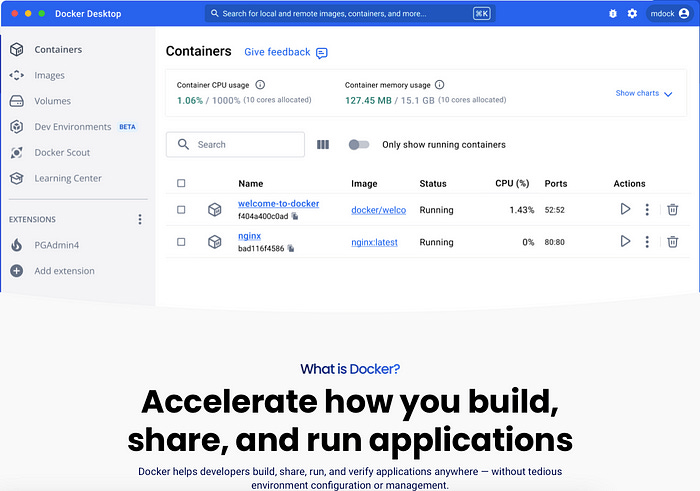Why Building Your AI Agent Could Be Your Most Valuable Investment in 2025
“A friend from Hong Kong told me about this last year.”
Like most people diving into AI, I started with simple prompts and basic interactions. But then I discovered something that changed everything: building AI agents.
These are not the complex, code-heavy systems you might imagine, but practical, personalized assistants that get things done.

Let me paint you a picture: Amarni, a content creator friend I know, was drowning in social media management.
She asked me for some tips and suggested that she build an agent using Claude.ai, which now helps her brainstorm content ideas, draft posts, and analyze engagement patterns.
Cost? Just her time and a basic Claude subscription. Return? Hours of freedom every week.
I saw the beauty of Claude a while back, as seen in the article below
Forget ChatGPT and Bard — Meet Claude, the little guy
Late last year, in 2022, ChatGPT captivated the world with its conversational skills and ability to produce intelligent text on demand, which astounded both peopl…

The Hidden Power of Personal AI Agents
Here’s the thing about AI agents — they’re not just automated task-runners. They’re extensions of your thinking process.
Take Tim, a small business owner who created an agent to handle customer service inquiries.
His agent doesn’t just respond to emails; it learns from each interaction, understands the business’s voice, and handles complex situations with nuance.
The secret? It’s all in how you build them.
Building Your First Agent: A Simple Framework
1. Define Your Agent’s Purpose
Think specific, not broad. Instead of “marketing help,” try “LinkedIn post writer focusing on AI trends with a professional but conversational tone.”
2. Create Your Agent’s Personality
This is where most people go wrong. They skip the personality part. But Anthony, a freelance writer, got it right.
His research assistant agent has the personality of a curious journalist — always asking the right questions, digging deeper, challenging assumptions.
3. Train Through Conversation
Start with basic tasks and gradually increase complexity. Each interaction is a learning opportunity — not for the AI (it doesn’t learn), but for you to refine your prompts and instructions.
I have started playing around with creating my own agent, so far the steps technically you need the following tools.
Docker

Get the little guy Claude

Generate API key for Claude
Building effective agents
A post for developers with advice and workflows for building effective AI agents
To learn more follow this guy highly recommended
The Economic Argument
Think about it this way: If your time is worth £100 per hour (and probably is), and you spend just two hours building an agent that saves you 30 minutes daily, you’ll break even in less than two weeks.
After that, it’s all profit — time, energy, and mental bandwidth.
Getting Started Today
Building agents with Claude.ai means that you don’t need coding skills. You need clarity of thought and the ability to explain what you want. Start small:
1. Pick one repetitive task you do daily
2. Write down exactly how you do it
3. Create an agent focused solely on that task
4. Refine through use
The Real Value Proposition
Building effective agents isn’t about replacing human work but amplifying human capability. It’s about creating tools that understand context, adapt to needs, and deliver consistent results.
And unlike other investments, this one grows in value as you learn to use it better.
The most expensive habit isn’t building AI agents. It’s continuing to do manually what an agent could help you do better, faster, and more consistently.
Start small, think practical, and build something that serves your needs.
The future of personal productivity isn’t in using AI — it’s in creating AI that uses your expertise.
Thank you 🙏🏿
Let’s start 2024 with enthusiasm and look forward to 2025, where we can produce even more in-depth articles. Let’s continue writing and never lose hope. Happy New Year 2025 to all of humanity, animals, and beyond!





